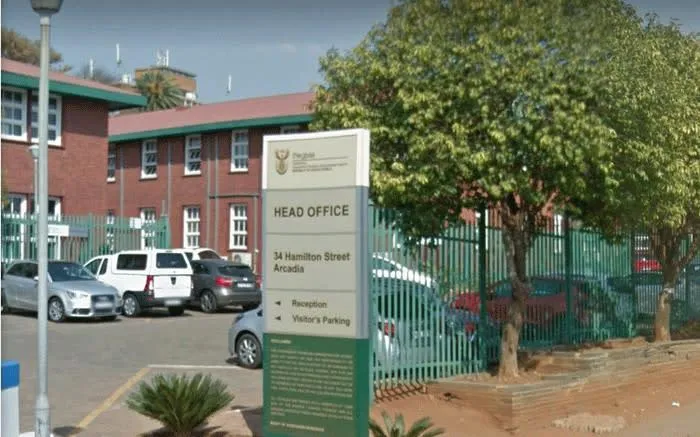
The GPAA is a government component which reports to the Minister of Finance and administers funds and schemes on behalf of the Government Employees Pension Fund (GEPF), the largest pension fund in Africa.
Image: Supplied
The Government Employees Pension Fund (GEPF) has has sounded the alarm on potential reputational risks stemming from serious allegations of maladministration and financial mismanagement at the Government Pensions Administration Agency (GPAA).
The GPAA is a government component which reports to the Minister of Finance and administers funds and schemes on behalf of the GEPF, the largest pension fund in Africa.
It thus administers the pension affairs of approximately 1.7 million government employees and pensioners, as well as the affairs of their spouses and dependants.
The GPAA has been rocked by allegations of serious financial mismanagement of pension funds amounting to more than R500 million after an audit being prepared for the financial year end flagged administration issues.
An internal audit report compiled by Abacwaningi Business Solution (ABS) Audit & Advisory Services found a raft of key governance concerns, which they brought to the attention of management to ensure sound governance.
The Public Service and Commercial Union of South Africa (PSCU) then accused the GPAA CEO, Kedibone Madiehe, and other supply chain executives of maladministration and financial misconduct related to the award of contracts, an inflated purchase order for lease and prepayment for undelivered uniforms.
Speaking during a media roundtable on Thursday, GEPF principal executive officer, Musa Mabesa, said they were aware of the allegations of mismanagement indicated by the PSCU.
However, Mabesa said the GPAA reported to the National Treasury though it has a service level agreement with the GEPF and the GEPF funding the lion’s share of its budget.
“The allegations that have been leveled against the GPAA, we have flagged those and have also indicated to National Treasury and the ministry to look into those as our relationship is fairly contractual. But they remain a concern to the Fund as that does not paint a good picture, especially in the midst of the challenges with the delays in payment of benefits,” Mabesa said.
“So we will watch the developments around those allegations closely and ensure that the GEPF's reputation remains intact at all times.”
Mabesa also pointed to serious technological challenges at the GPAA, saying the organisation was working on outdated systems.
“I mentioned that they are using a legacy pension administration system which works off old technology. So it's very difficult for that system to be enhanced to allow full automation of the claims onboarding and exit processes, ”he said.
“So our modernization project, which they are implementing under the guidance of the GEPF board, is to ensure that we get a new system but also complementary processes that will enhance the administration capability for a better experience for our members and pensioners.
“So that is an ongoing process. We acknowledge that system that we're using. I forgot the IT terminology for the technology that this current system is using but there's a lot of manual intervention in that process as well. So the enhancement of this process is to ensure that we can have a seamless onboarding and exit process.”
As of March 2024, the GEPF had just more than 1.27 million active members and above 520 000 pensioners, beneficiaries, as well as spouses of deceased members or pensioners.
During the same period, the GEPF had paid more than R140 billion to its members and beneficiaries, and collected around R92bn in contributions from its active members.
The GEPF’s assets have grown from R127bn in 1996 when the fund was formed to an unaudited sum of R2.38 trillion as of March 2024.
BUSINESS REPORT